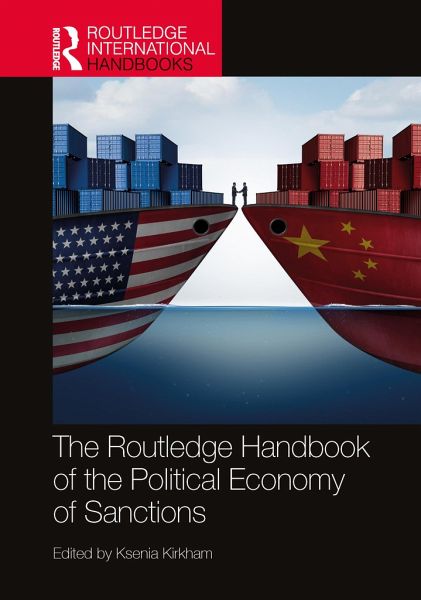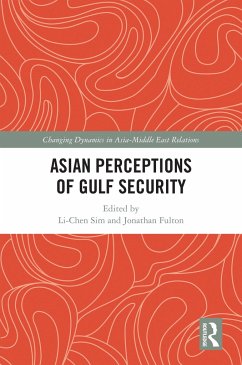
The Routledge Handbook of the Political Economy of Sanctions
Versandkostenfrei!
Versandfertig in 1-2 Wochen
288,99 €
inkl. MwSt.
Weitere Ausgaben:

PAYBACK Punkte
144 °P sammeln!
The Routledge Handbook of the Political Economy of Sanctions examines the core issues and debates surrounding this controversial topic, introducing readers to essential concepts and terms.














